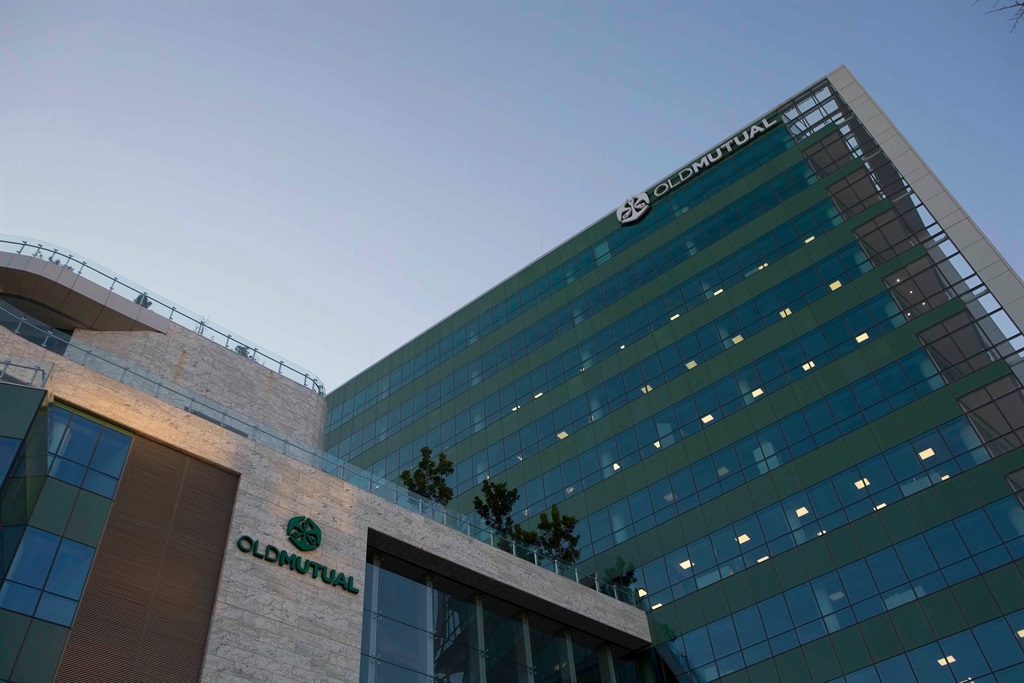[ad_1]

Old Mutual says South Africans are better at managing their money.
- Despite the current gloomy outlook, South Africans are now more positive.
- They are also better at managing their money, and the Covid pandemic drove many to take a second job.
- But some are engaging in risky behaviour, like gambling.
- For more stories go to www.BusinessInsider.co.za.
South Africans are showing some financial resilience two years after the Covid-19 crisis knocked them in their wallets.
This resilience follows South Africans feeling the pain of going through numerous lockdowns and strict Covid-19 restrictions, which saw the economy shrink by 5% in 2020.
Despite the current gloomy outlook, South Africans now feel more positive about their own economic prospects, and more in control of their finances.
“Overall, the 2022 Old Mutual Savings and Investment Monitor (OMSIM) research has shown that South Africans have learned from some of the harsh lessons of the Covid-19 period,” says Vuyokazi Mabude, Head of Knowledge & Insights at Old Mutual.
The hard times have been a learning experience for South Africans, forcing them to make some positive changes to how they manage their finances, according to the latest OMSIM research findings.
9 in 10 South Africans changed how they manage their money
“Following the damage brought on by Covid-19, almost nine in 10 of working South Africans have changed how they manage their money. It is noteworthy that they continue to display optimism regarding their future personal financial prospects and show a healthy dose of financial resilience.”
OMSIM’s research found that people’s financial behaviour improved from where it was a year ago, which can be seen in:
- 39% (2021: 36%) now have more than three months’ savings in place to act as a buffer in the event of retrenchment or job losses.
- 63% of employed black South Africans said they belong to more than one stokvel. This is up from 56% in 2021.
- 51% are focusing on paying debts.
- 37% are developing emergency savings funds.
The change in behaviour can also be seen in 66% of them now taking advantage of points and rewards on loyalty programmes, 33% are looking for cheaper streaming options, and 28% are moving to cheaper mobile subscription packages.
About 30% of them have also cut back on domestic help.
Hustlers
Besides being more judicious in how they manage their money, South Africa has also become a nation of hustlers, with 51% now “relying on multiple income streams.”
Those with multiple income streams tend to be younger workers, with the highest incidence being seen among 18 – 29-year-olds.
More optimistic
The improvement in their behaviour was accompanied by a more optimistic outlook regarding their personal financial fortunes.
This can be seen in:
- 72% expecting their personal financial outlook to improve in the next six months.
- Those expecting their financial outlook to worsen have reduced significantly, from 21% in 2020 to 5% in 2022.
- 20% of respondents indicated that they are now earning more than they did before Covid-19 – an increase of 13% since 2021.
- 34% of younger respondents (aged between 18 and 29) reported higher levels of income.
- People saying they are suffering from financial stress dropping from 56% in 2021 to 50% in 2022.
Not everyone is doing better
Despite the improvement, Covid-19 still hangs over the financial well-being of many South Africans, which can be seen in:
- 52% dipping into savings to make ends meet.
- 40% of respondents indicating they have had to borrow from friends or family to make ends meet – this has, however, dropped from 44% in 2021.
- 35% are falling behind on paying household bills.
- 26% are behind on credit card payments.
- 25% are behind schedule with store card payments.
The continuing economic malaise is not changing everyone’s behaviour for the better, as OMSIM’s research also found that desperate times has also led some to act more recklessly.
This can be seen in 44% of working South Africans having gambled online, of which, 37% have done so to try and make ends meet.
“A desire for higher returns is driving people to consider riskier investments and even resort to using gambling to make ends meet,” says Mabude.
The OMSIM report was based on 1,505 interviews with people earning between R1,000 and R7,999 a month.
Go to the Business Insider front page for more stories.
[ad_2]
Source link



